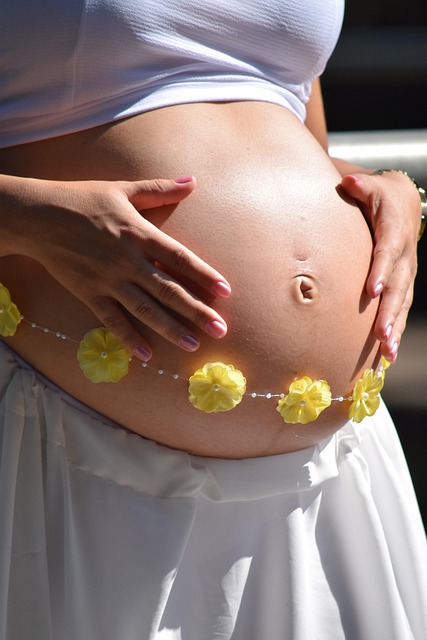So, you’re thinking about starting a family or freezing your eggs for future use? Egg sharing might just be the perfect option for you. It’s a unique way to support those who can’t produce their own eggs while also benefiting from reduced costs for your own egg freezing treatment. Pretty rewarding, right?
Who Can Participate in Egg Sharing?
To be eligible for this program, you need to meet a few key criteria:
- Be between 19 and 35 years old
- Have a body mass index (BMI) ranging from 18 to 29.9
- Be a non-smoker for at least three months, which includes avoiding vapes
- Not have any serious illnesses or infections that could be passed on during pregnancy
- Be willing to share your complete medical history, including that of your immediate family
- Agree to undergo a fertility assessment and genetic screening
During your initial chat with a fertility specialist, they’ll guide you through your eligibility and discuss the best treatment path for you.
What’s the Cost?
When you kick off your journey, the initial fertility assessment and consultation will cost around £485. If you qualify for egg sharing, your treatment costs—which cover medication, egg collection, and freezing—will drop to £990. Just a heads up, there might be extra charges for any additional procedures, plus an annual storage fee of £370. For more detailed pricing info, check in with your local fertility clinic.
How Does Egg Sharing Work?
We get that this can feel a bit overwhelming, but we’re here to help! Here’s a breakdown of the process:
- Fertility Assessment: Every journey starts with an assessment to see if you’re a good fit for egg sharing. This includes a blood test and an ultrasound to check your egg count.
- Screening: Further blood tests will look for any genetic issues or infections that could affect a future child.
- Counseling: Since egg sharing can bring up a lot of emotions, you’ll have access to counseling sessions. This helps you understand all aspects of the process before you commit.
- Treatment Plan: If you’re eligible, a nurse will walk you through your treatment plan and how to take your medications.
- Donation Cycle: Once your next period begins, reach out to the clinic to schedule monitoring scans. These will help us time the egg retrieval accurately.
- Egg Retrieval: On the big day, make sure you fast from midnight. After some final checks, a trigger injection will prepare your eggs for collection. You’ll be sedated, so there’s no need to worry about discomfort. You can head home the same day, just bring someone to drive you back!
What Happens After Sharing Your Eggs?
Once your eggs are shared, they’re frozen and stored until a recipient is matched. Your identity stays private, and the recipient won’t know who you are, but they will receive basic info like your eye color and hair. You’ll also be informed about any babies born from your donation. Just so you know, children conceived from your eggs can request non-identifying info about you once they turn 16, and more personal details when they reach 18.
If you’re curious about the emotional rollercoaster that can come with fertility challenges, you might find this blog post interesting.
And if you’re exploring at-home options, check out the artificial insemination kits available from experts at Make a Mom.
For week-by-week pregnancy guidance, the March of Dimes is a fantastic resource.
Summary
Egg sharing is an altruistic way to help others while receiving discounted egg freezing services. It requires meeting specific health criteria and involves a structured process, including medical assessments and counseling. Your privacy is maintained, while you can stay informed about any resulting births.

